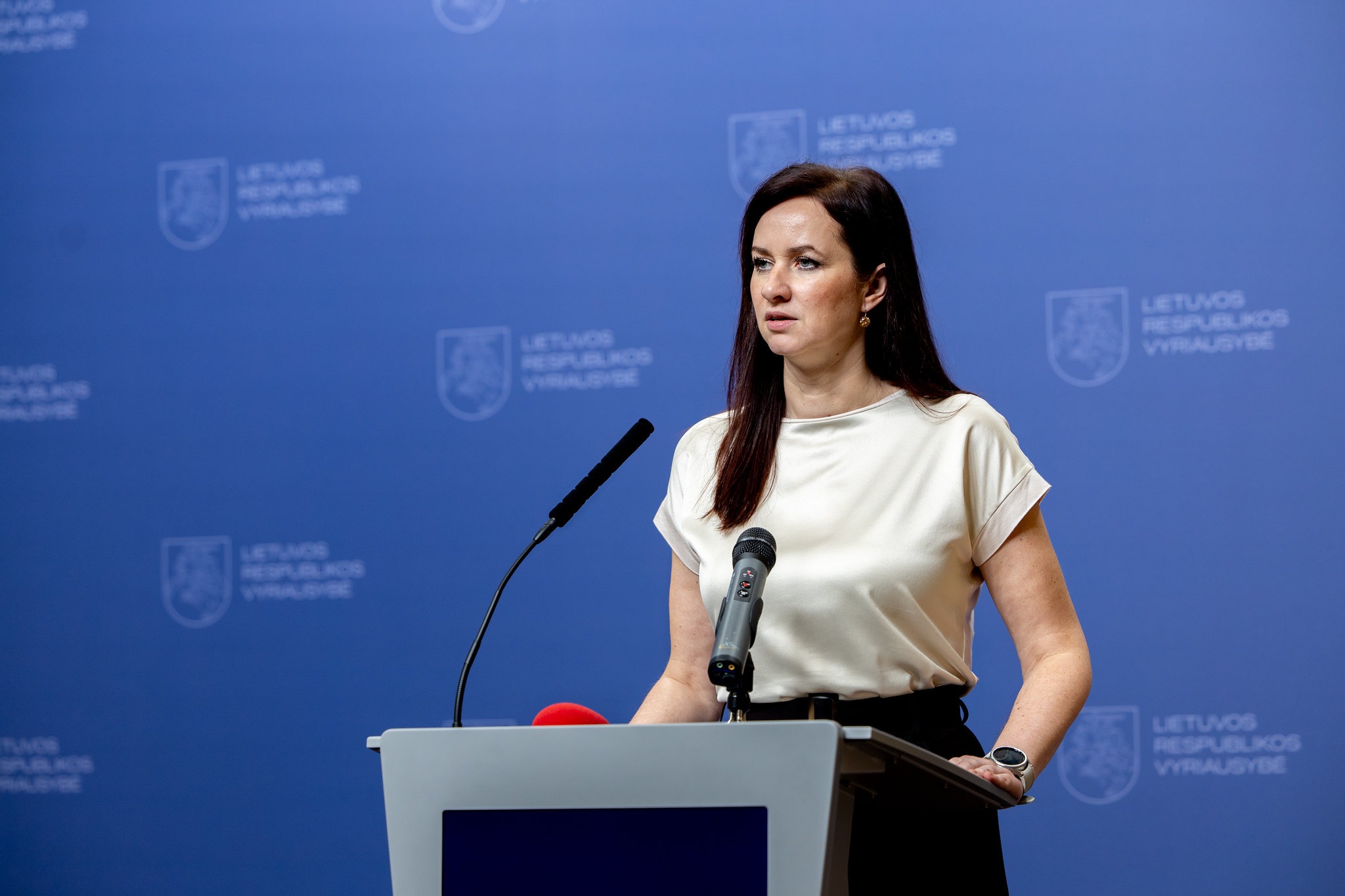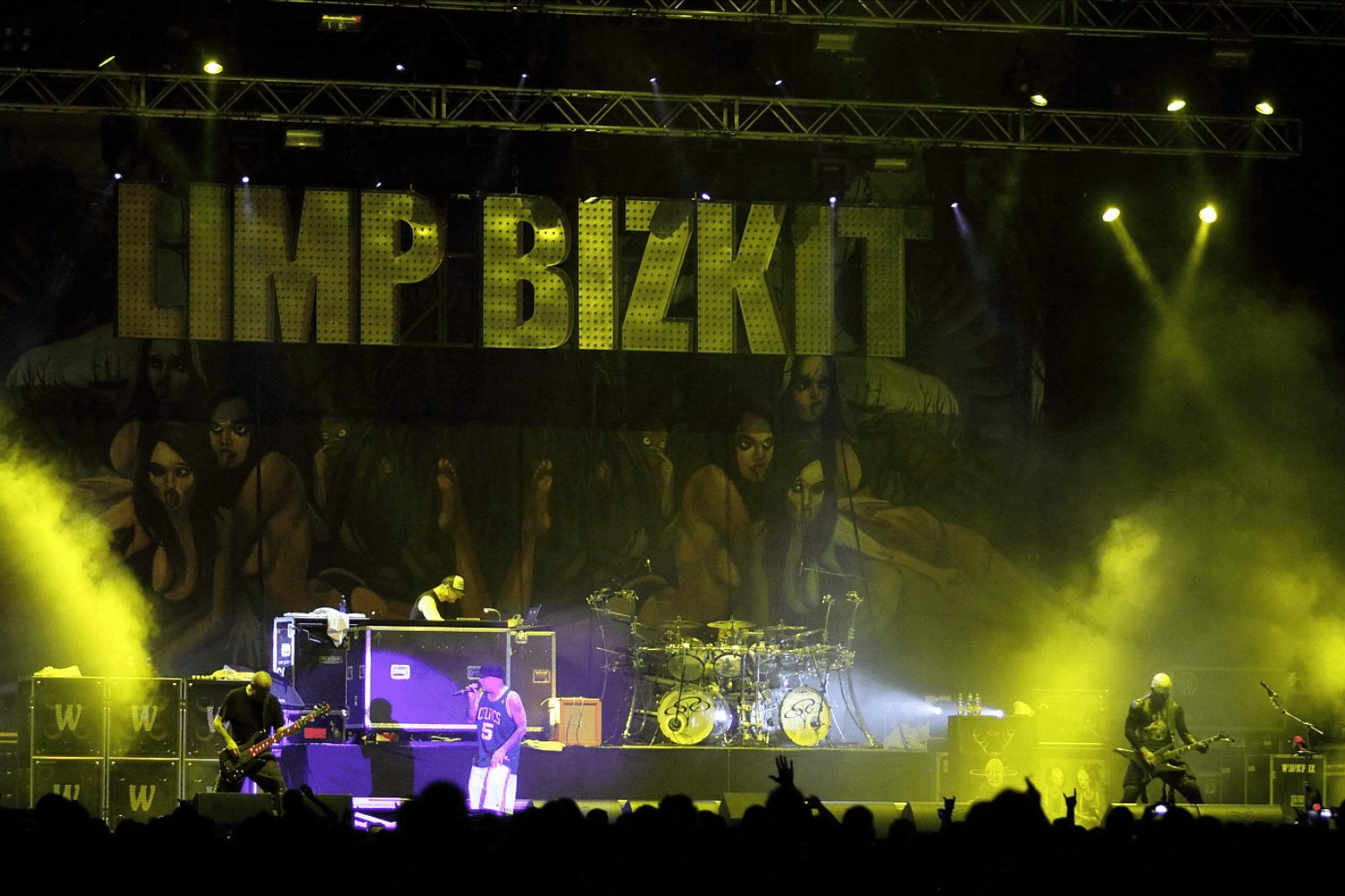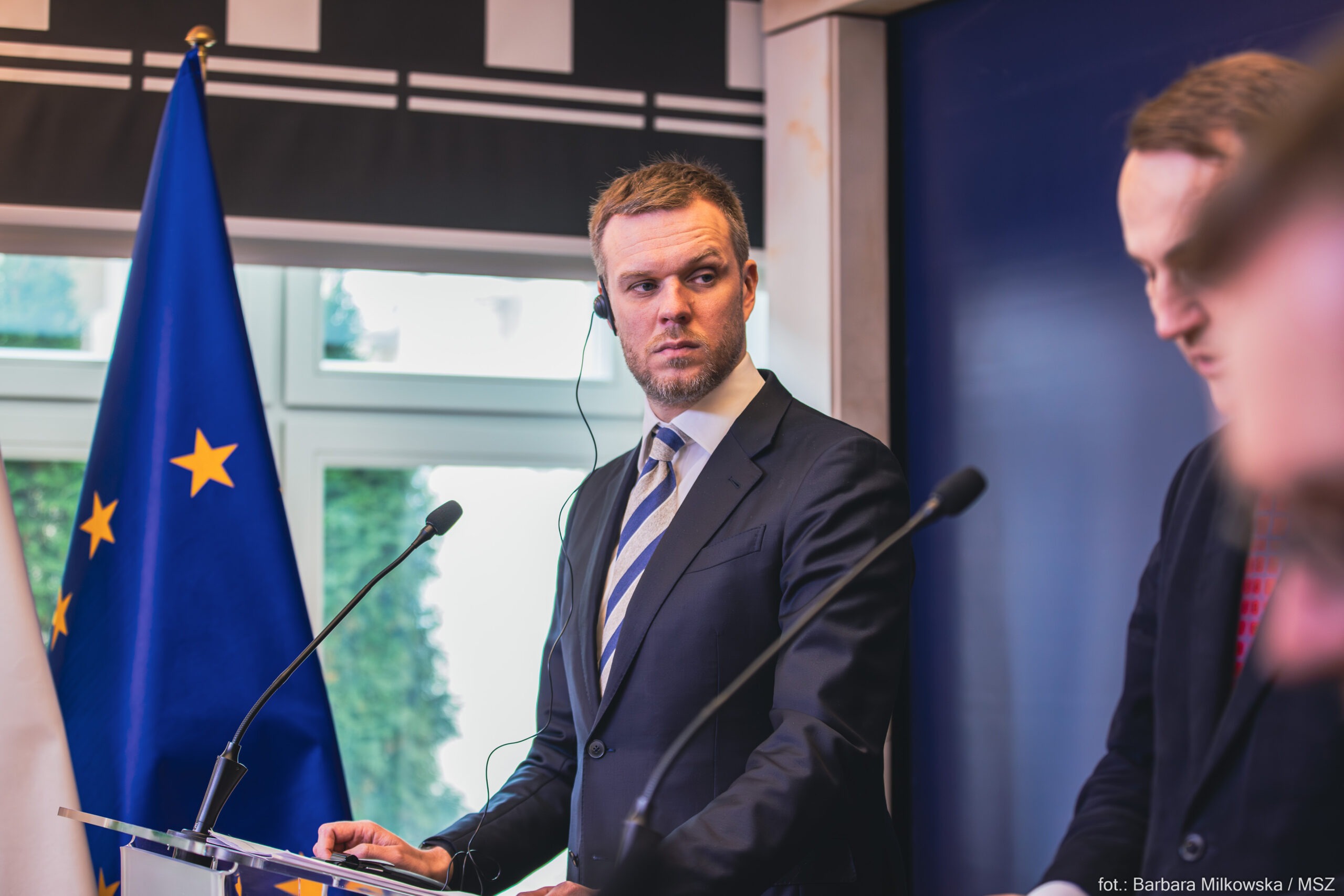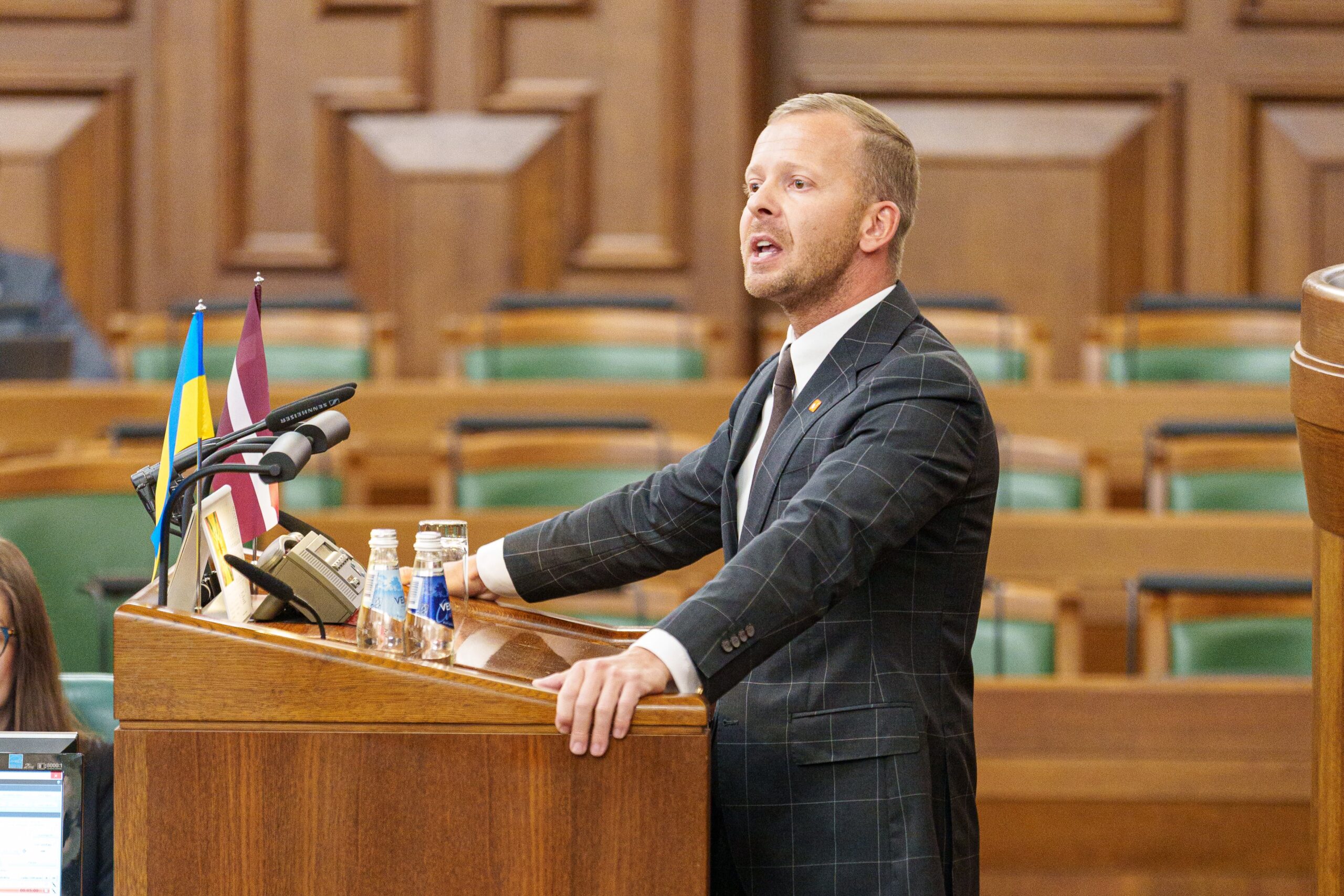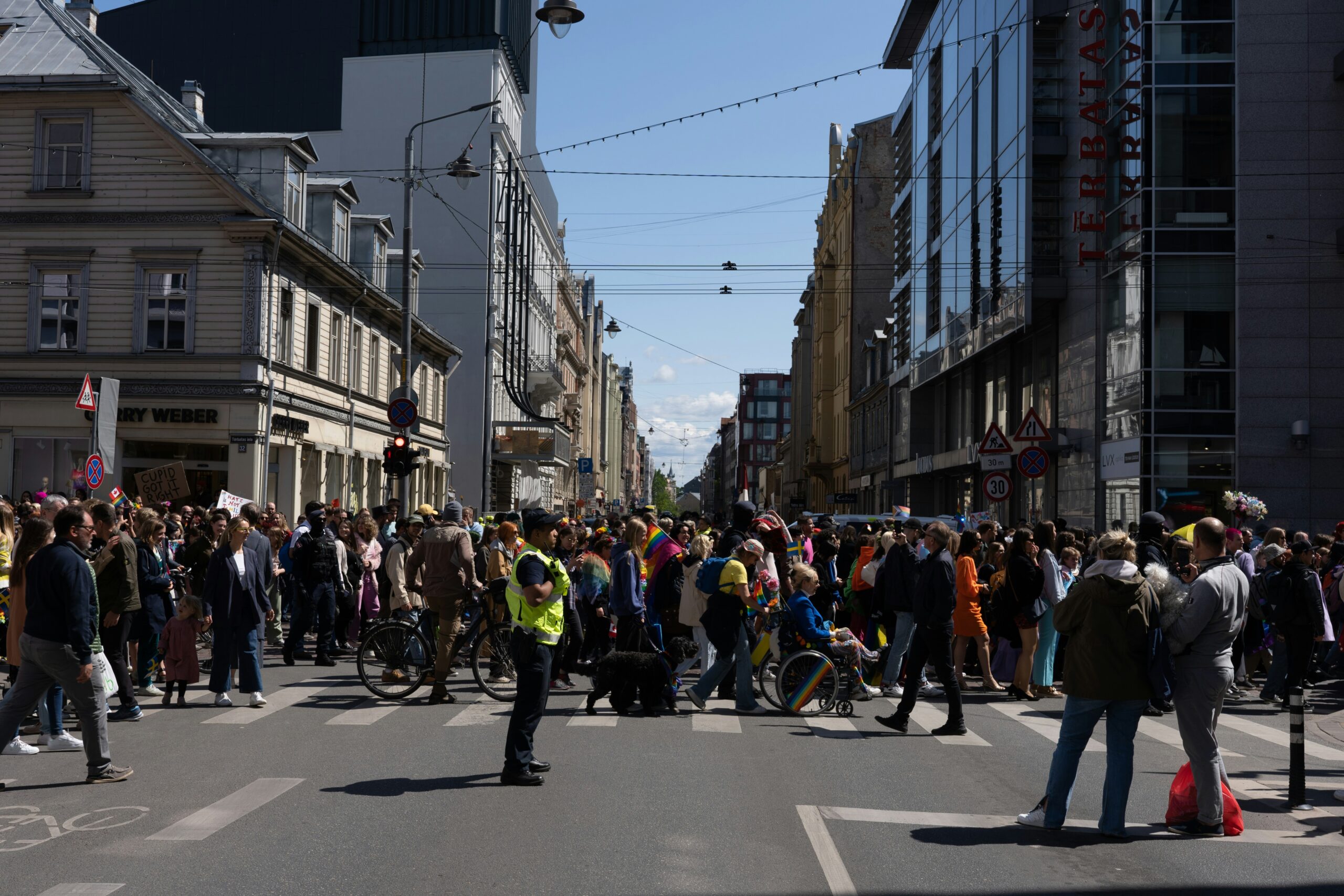Report
Estonia Weekly: Satirical “Olivier Salad Ban” Rumour Fuels Russophobia
Pro-Kremlin online voices in Estonia amplified both fabricated claims about cultural repression and criticism of long queues at the Narva border, framing these measures as evidence of “Russophobia.”
Weekly Reports
Estonia Weekly: Coalition Negotiations in Narva and Tallinn Become a Target for Identity-Based Narratives
Pro-Kremlin voices have simultaneously portrayed the 28-point peace plan as a Western trap, called for Russia to pursue maximal territorial gains, and leveraged contentious coalition negotiations in Narva and Tallinn to stoke identity-based accusations.
Read moreLithuania Weekly: Disinformation Campaign Intensifies Against Lithuanian Leaders
Kremlin-linked sources repeatedly targeted President Nausėda, Prime Minister Ruginienė, and Minister Budrys, portraying them as responsible for a government in “collapse.” Highly engaged posts and sensational headlines framed them as incompetent or deliberately harmful. The narratives were designed to deepen distrust and suggest that Lithuania is trapped in manufactured political chaos.
Read moreLatvia Weekly: Local Actors Amplify Stories of Oppression and Resistance
Local populist or Kremlin-aligned political actors painted a picture themselves as persecuted victims of an oppressive establishment while positioning their controversial stances as vindicated common sense. This narrative delegitimizes the state and portrays their radical populism as righteous resistance against systemic persecution.
Read moreEstonia Weekly: Limp Bizkit Concert Cancellation Sparks Nationwide Debate
Pro-Kremlin online voices commented on the wave of school-related bomb threats and extended their criticism to the heated debate over the cancellation of a Limp Bizkit concert due to the band’s pro-Putin sympathies.
Read moreLithuania Weekly: Disinformation Targets Landsbergis and Exploits Belarus Balloon Incidents
Pro-Kremlin media mocked Gabrielius Landsbergis over his recent human rights award and framed him as a danger to Lithuania’s interests. Parallel narratives dramatized the Belarusian balloon incidents, claiming the government manufactured hysteria to justify restrictive policies. These coordinated themes seek to portray Lithuania as insecure, manipulated, and poorly governed.
Read moreLatvia Weekly: Opposition Leaders Portray Themselves as Victims of Systemic Bias
Two Latvian opposition politicians have constructed narratives of systematic persecution, with Rosļikovs framing his prosecution for pro-Russian activities as evidence of disproportionate punishment for defending minority rights, while Ainars Šlesers alleges state-funded media bias that promotes government-aligned causes while suppressing dissent. Both narratives challenge the legitimacy of Latvia’s institutions by portraying courts and public media as politicized tools of the ruling coalition rather than neutral arbiters, using claims of selective justice to position themselves as martyrs and mobilize support among audiences suspicious of institutional fairness.
Read moreEstonia Weekly: Arrest of Oleg Besedin Sparks Kremlin-Aligned Narratives
The arrest of Oleg Besedin sparked a wave of pro-Kremlin commentary portraying him as a victim of anti-Russian persecution, while simultaneously fueling political infighting in Tallinn over past city contracts linked to his media companies.
Read moreLithuania Weekly: Kremlin Media Exploit Belarus Tensions
This week, pro-Kremlin outlets in Lithuania focused their coverage on debates surrounding Prime Minister Inga Ruginienė and the country’s fraught relations with Belarus, alleging the government manipulates public messaging and stirs tensions for political gain. Concurrently, the narrative around low-flying balloon incidents was leveraged to question Lithuania’s crisis readiness, while commentator efforts to normalise rapprochement with Belarus surfaced in social-media circles – signalling persistent attempts to sway public perception and undermine Lithuania’s strategic alignment.
Read moreLatvia Weekly: Disinformation Peaks as Saeima Votes to Withdraw from the Istanbul Convention
Following the Parliamentary vote for Latvia to withdraw from the Istanbul Convention, opposition politicians launched disinformation campaigns falsely claiming the anti-violence treaty would permit men in women’s restrooms and attacking supporters as foreign agents. These narratives deliberately distorted the Convention’s actual purpose of protecting women from violence, replacing substantive debate with inflammatory rhetoric about gender identity and national betrayal.
Read moreShowing 10 to 18 of 334 results
Don’t miss a story.
We publish stories that change laws, lives, minds and the world. Subscribe to our newsletter to get our investigations delivered to your inbox.

